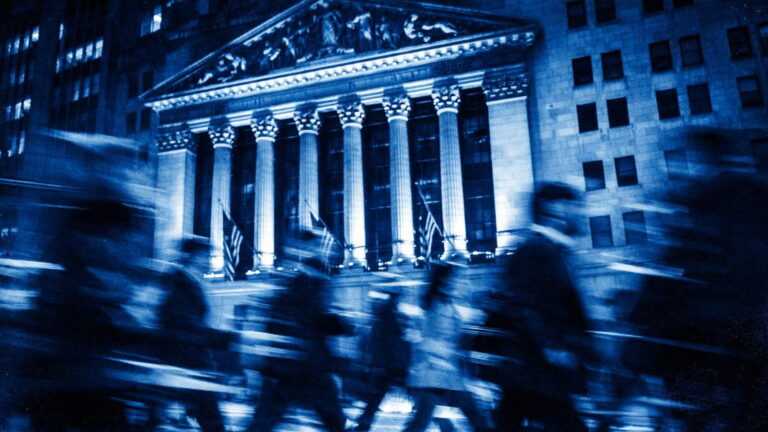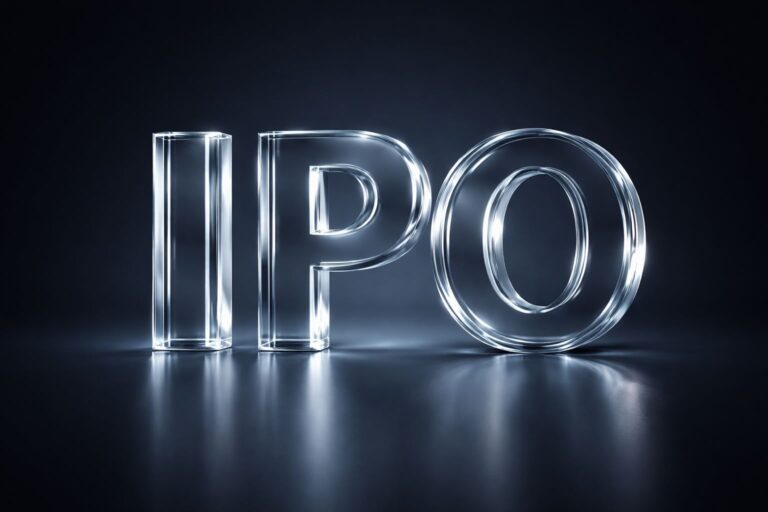S&P 500: The Winners and Losers of January 2026 After a strong 2025, when the S&P 500 gained about 16.5%, the index started 2026 on a much quieter note. The…
Forgent ($FPS) IPO: The Infrastructure Company Behind Data Center Power Forgent Power Solutions is heading to the public markets as demand for data center and power infrastructure continues to surge.…
Ethos Technologies ($LIFE) IPO: Everything You Need to Know Ethos Technologies Inc. is preparing to go public and has started marketing its IPO. The offering is expected to include just…
Financial Stocks Under Pressure After 10% Credit Card Rate Cap Proposal President Donald Trump announced last week that he plans to impose a one-year cap of 10% on credit card…
The Sectors That Captured Investor Attention in 2025 The U.S. stock market in 2025 was volatile, with sharp ups and downs throughout the year. Despite that turbulence, most major indexes…









